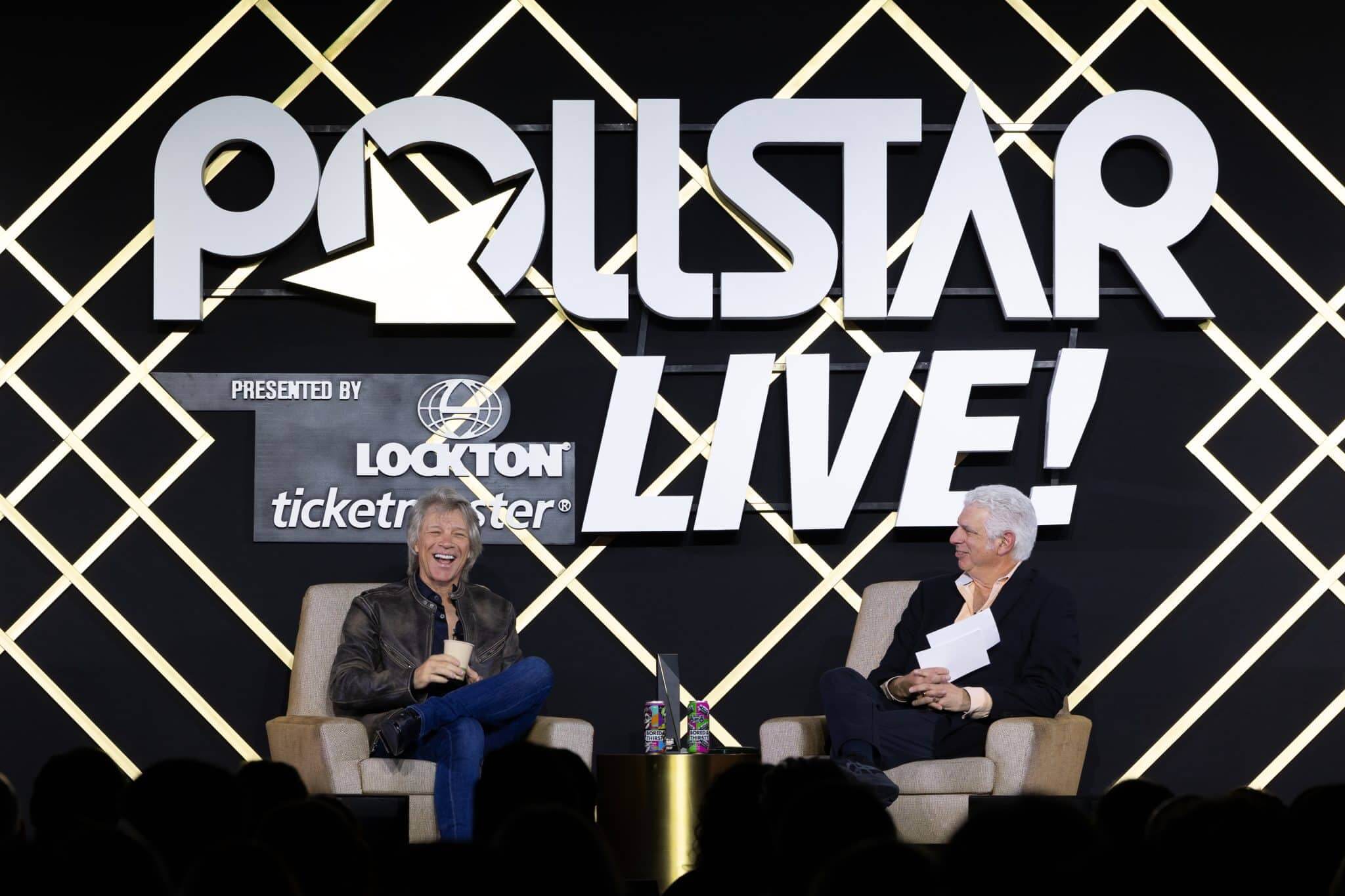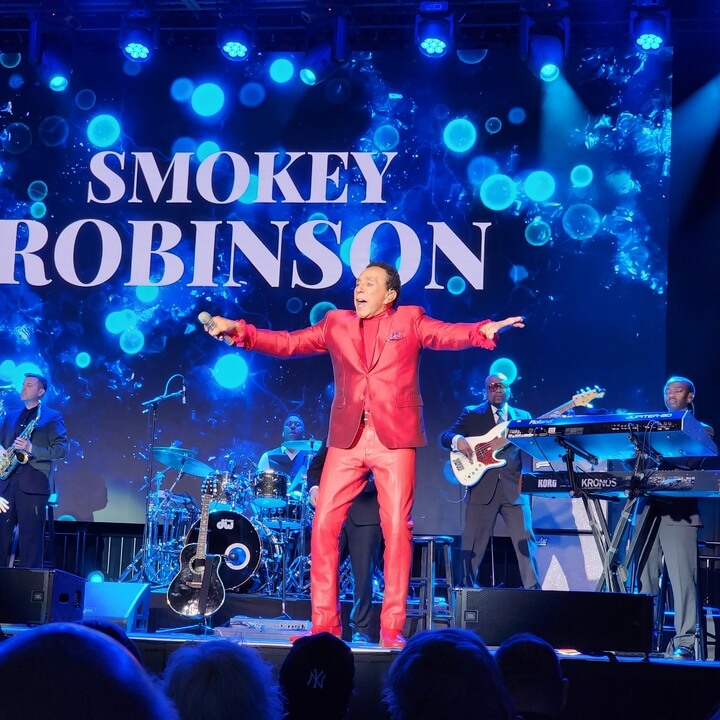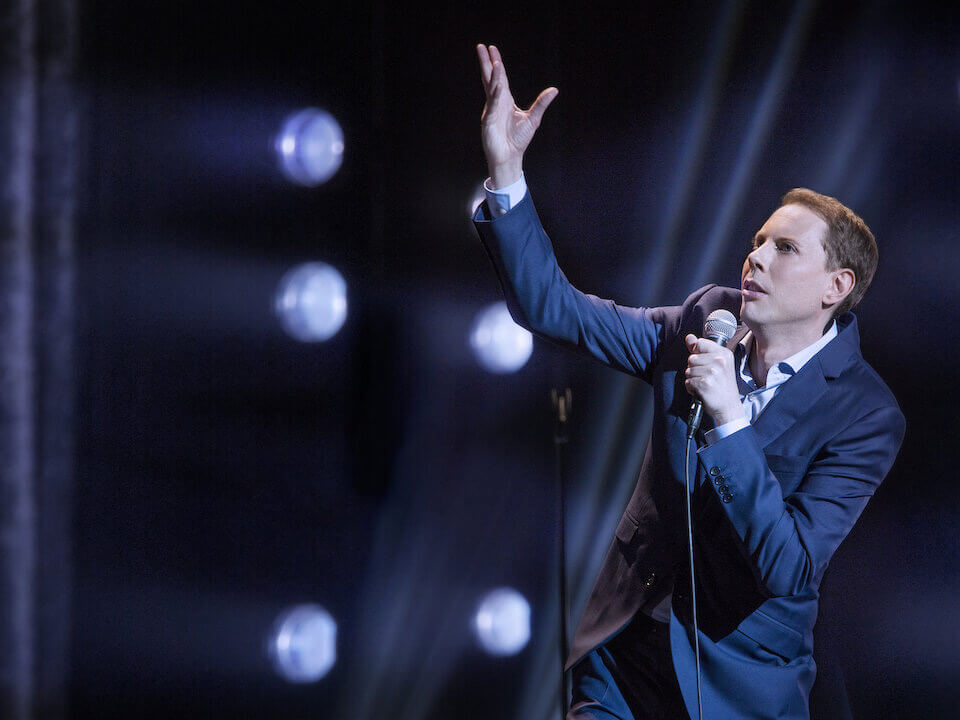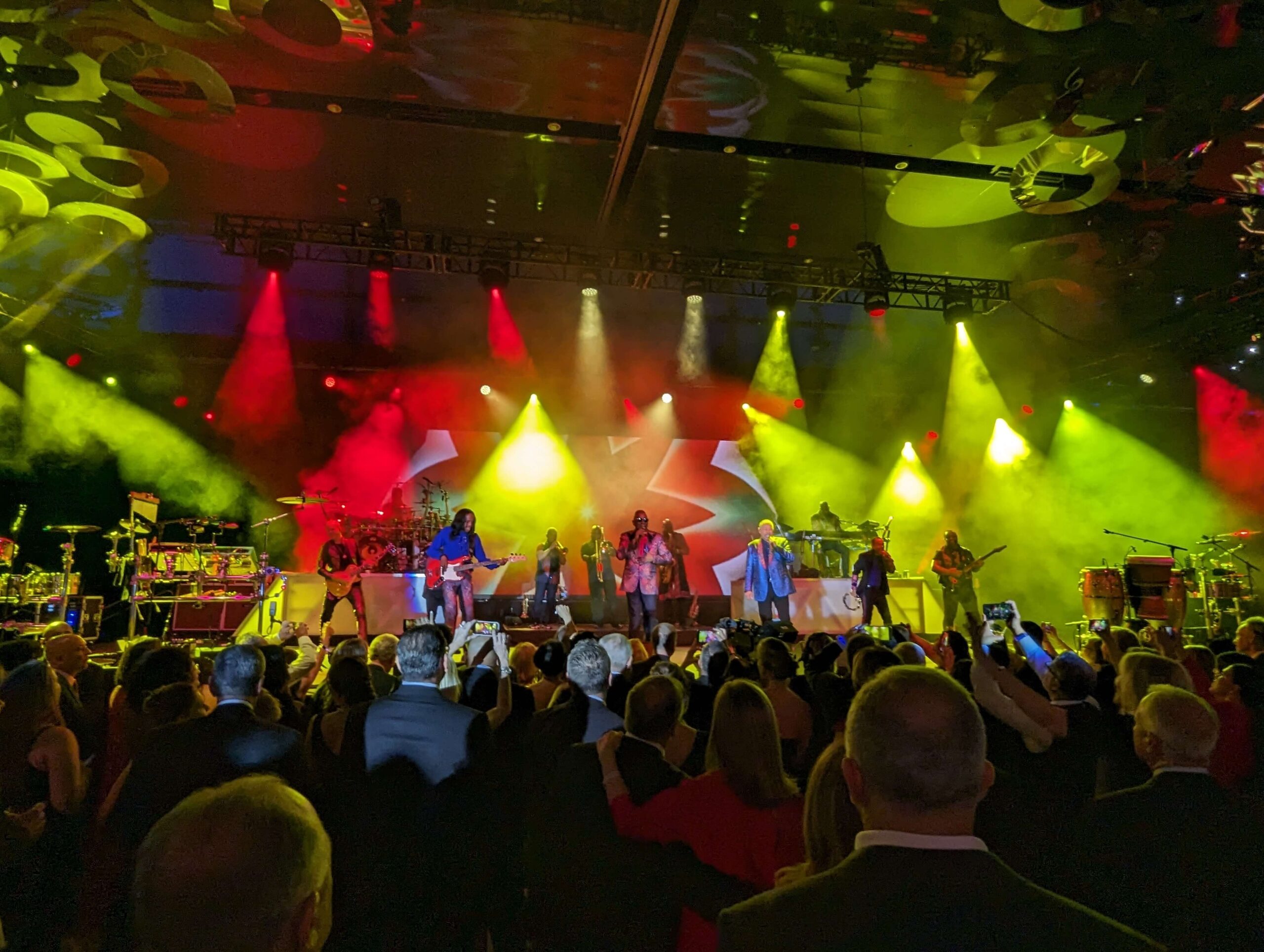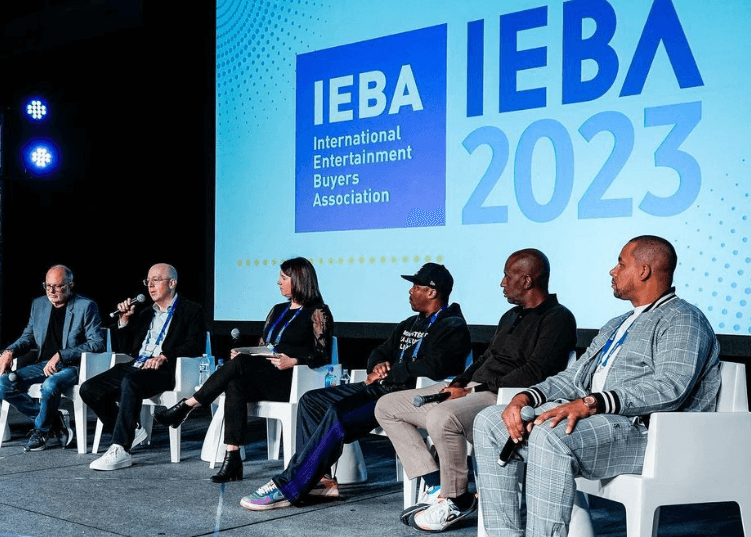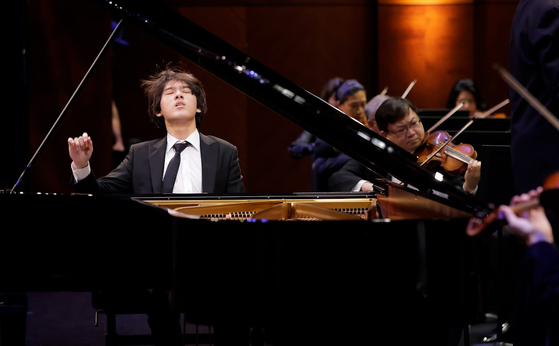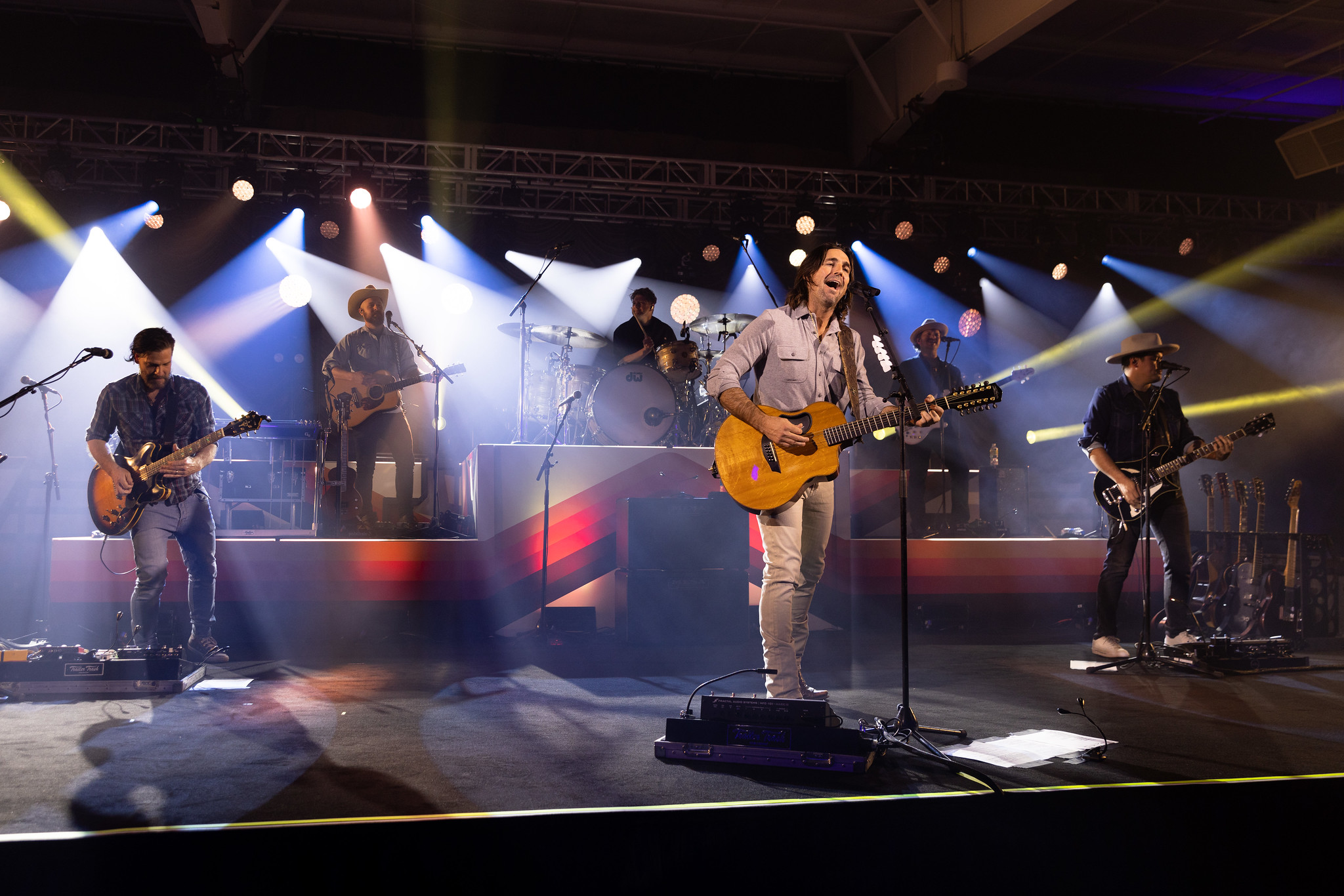During his Pollstar Live! keynote Q&A, “How To See A Million Faces And Rock Them All,” JBJ delivered laughs to the packed audience throughout the 45-minute interview.
Rob Light, who is the head of music, a partner and managing director at CAA, conducted the keynote interview – which took its name from a lyric in the Bon Jovi hit single “Wanted Dead or Alive,” featured on the band’s third studio album, 1986’s Slippery When Wet.
The keynote discussion began with Light asking JBJ about an award ceremony which took place a few days prior leading up to the Grammys with the Recording Academy celebrating the Bon Jovi frontman for his musical contributions and philanthropic work as the 2024 MusiCares Person of the Year.
The ceremony was an opportunity for Bon Jovi to show off the band’s new single, “Legendary” from their upcoming studio album – as JBJ noted, “we’re not just resting on our laurels” – and a chance for JBJ to have a full circle moment with his friend, none other than Bruce Springsteen.
JBJ recalled how the last time he was in “someone else’s band” was when he was in high school in New Jersey. His group was performing a cover of Springsteen’s “The Promise Land” at a show and Springsteen himself jumped on stage to join in. JBJ noted “The next day I said ‘Boy, do I have a story to tell.’”
He added, “I quit my own cover band because I realized that the only way to be in this chair 40 years later was to write your own songs.”
During the MusiCares Person of the Year benefit gala on Feb. 2, JBJ and Springsteen once again teamed up to perform “The Promised Land,” which hails from Springsteen’s 1978 album Darkness on the Edge of Town.
The Boss also joined Bon Jovi to perform “Who Says You Can’t Go Home,” which was included on Bon Jovi’s ninth album, 2005’s Have a Nice Day. A duet version featuring Jennifer Nettles won the Grammy for Best Country Collaboration with Vocals in 2007.
Later in the interview, JBJ pointed out that the MusiCares gala marked his first live performance in two years and discussed how he had gone through “major reconstructive surgery” on his vocal cords.
“Now I want to get back to [performing] two and a half hours in a night,” JBJ said, with Rob adding that during the MusiCares performance the musician was “hitting notes you hadn’t hit in a long time. That was fantastic.”
As for why now was the right time to release the new documentary “Thank You, Goodnight: The Bon Jovi Story”?
“I realized I’m a hoarder,” JBJ said to laughter. “I needed help. But at the same time we were archiving everything I had and realized the 40th [anniversary] was upon us.”
The four-part series “Thank You, Goodnight: The Bon Jovi Story” is set to premiere on Hulu on April 26.
JBJ and Light also talked about the highs and lows of Bon Jovi’s relationship with the band’s former manager Doc McGhee including how Bon Jovi became a global touring act.
“He said we need to establish routes everywhere on the planet – we went everywhere where there was electricity. That was our motto – we’ll go anywhere where there’s electricity or if there’s not, we’ll bring our own.”
JBJ discussed how he created his own management company – “considered at the time to be career suicide” – and kept it going for 25 years until the band “hit the glass ceiling” and decided to team up with Irving Azoff in 2016.
And how did Bon Jovi make it after Nirvana came out with “Teen Spirit” and changed the music scene, which has been dominated by big anthemic rock bands?
JBJ explains: “I cut off my hair, we wrote socially conscious songs, I wrote ballads we could sing in Spanish … We were able to not only survive but thrive.”
Any regrets? JBJ said his only regret is never meeting the “king of New Jersey” aka Frank Sinatra and not taking the time to “smell the roses with [1986 album] Slippery When Wet and [1988 album] New Jersey.
“Tell your artists to catch their breath. Believe in them, tell them to believe in themselves,” JBJ said.
He also shared, “If there’s anything I would tell these young artists – it’s going to be there tomorrow. Pace yourself. … Mental health. We didn’t have any mental health, we were fueled by the excesses of the day.”
He later offered some more advice to upcoming artists, saying, “Be true to yourself, don’t chase fads or fashions because having been here for four decades we’ve seen it all … By staying true to who you’re, you create your own genre, your own path.”
JBJ also spoke about his philanthropy work with the JBJ Soul Foundation, including providing over 1,000 units of affordable housing and four JBJ Soul Kitchens, which offer a pay-it-forward model where customers can either pay a suggestion donation or volunteer their time in the kitchen in exchange for a meal.
“If you come to our restaurants you can affect change directly – it empowers people, it’s about teaching them to fish, not giving them a fish,” JBJ said of the concept that was the brainchild of his wife, Dorothea Hurley. He added “It’s something you can duplicate nationwide.”
Asked about balancing his role as a father and husband with that of a musician, JBJ said, “I got it right the first time. I didn’t blow that. I was fortunate enough to realize she was the one. … For us we continued to grow together.”
What about a tour?
“My health has been the first and foremost topic of discussion but I’m well on the road to recovery,” JBJ said. “If I can’t be great, I’m out. The documentary addresses all of that … We do have a brand new record and the hope is I’ll get to go out and celebrate it.”

